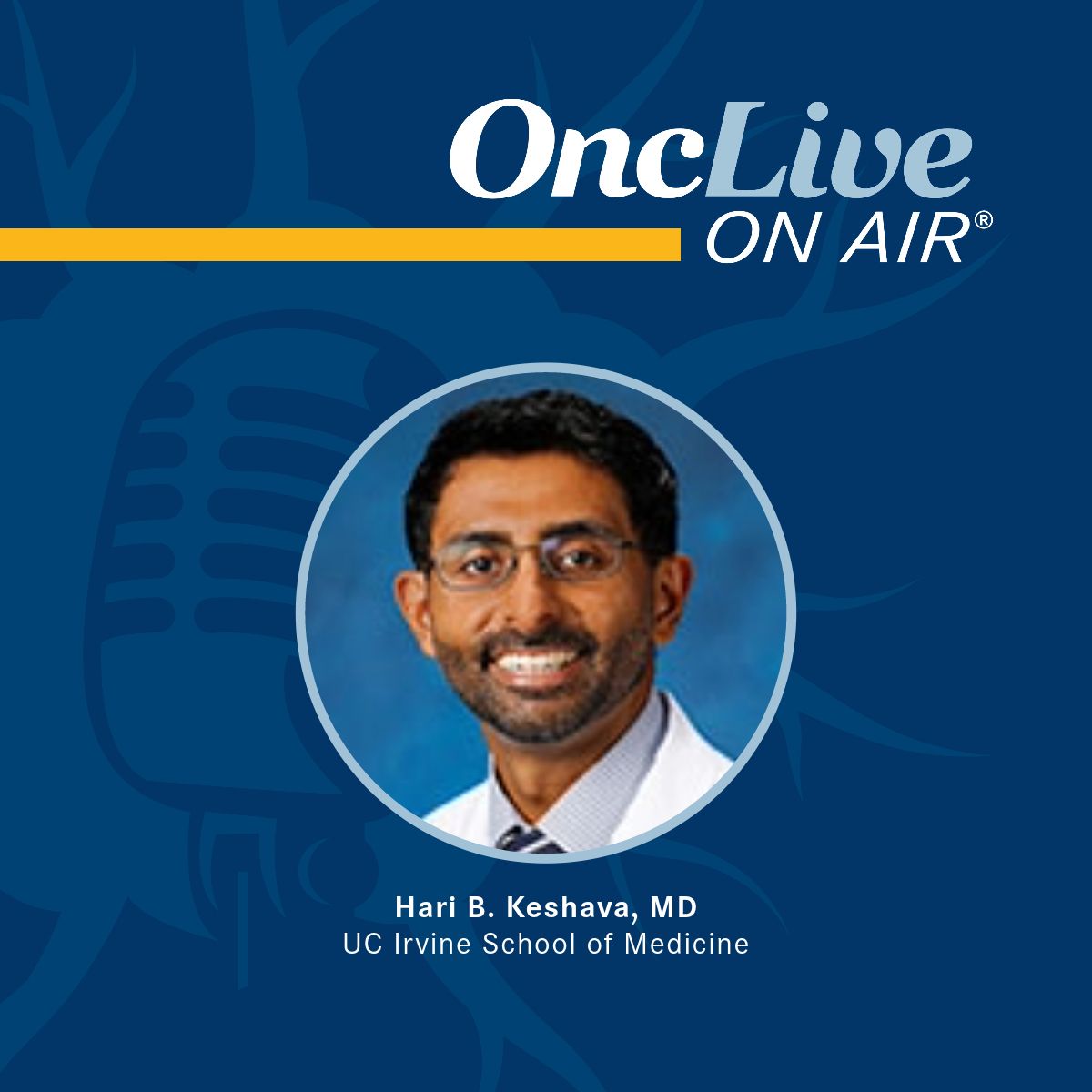Video
Dr. Halmos on Recent Advancements in Non–Small Cell Lung Cancer
Balazs Halmos, MD, MS, discusses recent advancements made in non–small cell lung cancer.
Balazs Halmos, MD, MS, director of the Multidisciplinary Thoracic Oncology Program and director of the Section of Thoracic Medical Oncology for Montefiore Health Systems; first director of Clinical Cancer Genetics and professor of clinical medicine at the Albert Einstein College of Medicine, discusses recent advancements in non–small cell lung cancer (NSCLC).
This past year, several advances have been made in the NSCLC space, says Halmos. To date, there are officially 8 actionable targets in this disease, and it is very important to test for all of them, Halmos adds. Specifically in the RET space,there has been major progress made. For example, the development and approval of selpercatinib (LOXO-292), a potent, highly effective, and fairly nontoxic option generated excitement in this space. Another advance is the development and the awaited approval of pralsetinib (BLU-667). These agents are exceptional treatment options for patients with RET fusion–positive NSCLC, a subset that accounts for a little less than 1% of all patients with NSCLC, Halmos explains.
Additionally, a few developments have been seen in terms of MET targeting agents, such as capmatinib (Tabrecta), which recently received FDA approval for use in patients whose tumors harbor the MET exon 14 skipping mutation as detected by an FDA-approved test. Finally, there was the development of tepotinib, which is on track for approval in the near future, Halmos says.
All these advances underscore the need to test patients with NSCLC for these mutations and aberrations, especially MET exon 14 skipping mutations, as this is a somewhat unusual, but very important alteration in this space, Halmos concludes.









